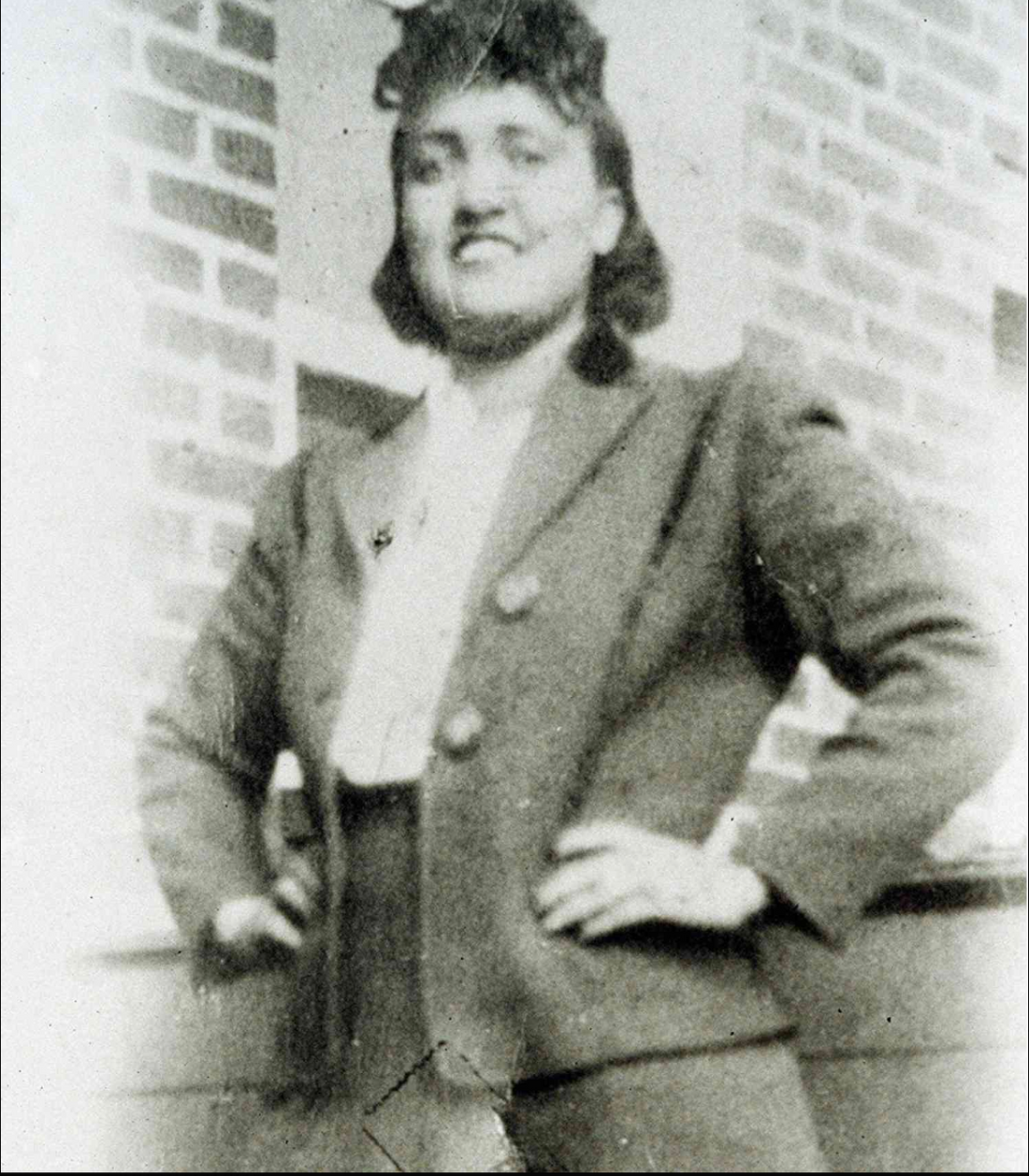Henrietta Lacks, a name that should have been synonymous with medical breakthroughs, instead became a symbol of both scientific advancement and ethical injustice. Born in 1920 in Roanoke, Virginia, Henrietta was a Black woman whose cervical cancer cells, taken without her knowledge or consent, would go on to revolutionize modern medicine, particularly in the field of gynecology and beyond.
The HeLa Cells: A Medical Breakthrough
In 1951, at just 31 years old, Henrietta Lacks was diagnosed with cervical cancer at Johns Hopkins Hospital, one of the few hospitals at the time that provided medical care to Black patients. During her treatment, doctors removed a small sample of her cancerous tissue without her permission—a common yet unethical practice in that era, particularly for Black patients.
These cells, later known as HeLa cells, were unique because they could survive and reproduce indefinitely in a laboratory setting. Unlike other cells that would quickly die outside the body, HeLa cells continued to divide, making them invaluable for medical research. This scientific breakthrough led to countless advancements in gynecology, including improvements in fertility treatments, cancer research, HPV vaccines, and even in vitro fertilization (IVF).
Henrietta's Impact on Women's Health and Gynecology
HeLa cells have been instrumental in gynecological research, particularly in the study of cervical cancer, the disease that took Henrietta’s life. These cells allowed scientists to better understand how the human papillomavirus (HPV) contributes to cervical cancer, leading to the development of the HPV vaccine. The vaccine has since saved millions of lives by preventing infections that could lead to cervical cancer.
Additionally, HeLa cells have played a crucial role in advancing reproductive health. From the study of endometriosis to advancements in contraception, Henrietta’s unwitting contribution has shaped how we approach women’s health today. Yet, despite these extraordinary contributions, Henrietta’s family remained in the dark for decades, unaware that her cells were being used in research around the world.
The Ethical Violations and the Fight for Justice
Henrietta Lacks' story is not just about scientific triumph—it is also about medical mistreatment and racial injustice. At the time of her treatment, Black patients frequently received subpar medical care, often without full disclosure of procedures being performed on them. Henrietta was never informed that her cells were taken, nor did her family receive any financial compensation or recognition for the billion-dollar industry that HeLa cells helped create.
It wasn’t until the 1970s, over 20 years after Henrietta’s death, that her family learned of her medical legacy. Despite their shock and frustration, they fought for acknowledgment, sparking broader discussions about patient rights, consent, and medical ethics. It wasn’t until 2013 that the National Institutes of Health (NIH) finally agreed to grant the Lacks family some control over the use of Henrietta’s genetic information.
Honoring Henrietta Lacks Today
Henrietta Lacks’ legacy serves as a powerful reminder of both the contributions of Black women in medicine and the injustices they have endured. Today, efforts are being made to ensure that medical research upholds ethical standards, including informed consent and the protection of patient rights.
At VSlay, we recognize the importance of reproductive health, informed consent, and the power of Black women’s contributions to medicine. Henrietta’s story is not just history—it’s a call to action for equitable healthcare and ethical medical practices.
As we continue advocating for better gynecological care and transparency in medical research, we honor Henrietta Lacks not only for the cells that changed the world but for the woman whose dignity and legacy deserve recognition.
#RememberHenrietta #MedicalEthics #WomenInMedicine



